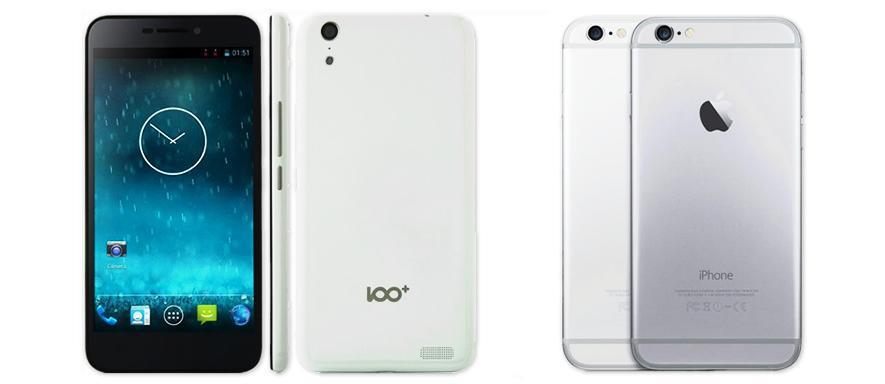US tech giants Apple have seen a ban prohibiting the company from selling its iPhone 6 phones in China overturned following a legal hearing. A Chinese court ruled in its favor in a patent dispute between the Californian based company and a domestic phone-maker. The legal row began in May last year, when a Beijing based patent regulator took the decision to order Apple’s Chinese subsidiary and local retailer Zoom-Flight to immediately stop selling iPhones after Shenzhen Baili Marketing Services lodged an official complaint with the regulatory authority.
The company claimed that the patent for the design of its mobile phone 100c was being infringed by the iPhone sales. Apple strongly objected to both the claims and subsequent decision to ban the sale of iPhone 6 devices by the regulatory authorities. Management at Apple and Zoom-Flight launched legal proceedings and took the Beijing Intellectual Property Office’s ban to courts.
At the hearing, the court decided to revoke the ban imposed on Apple and Zoom-Flight and declared that both organizations did not violate Shenzhen Baili’s design patent for 100c phones. The court said that the regulator did not follow due procedures in ordering the ban. In addition to this, the court said there was a distinct lack of sufficient proof to claim the designs constituted a violation of intellectual property rights.
It has not yet been disclosed whether or not representatives of Beijing Intellectual Property Office and Shenzhen Baili will appeal the decision by the court, and a spokesman representing both organizations said they would take time before making a decision in relation to the legal ruling. In addition to this, the same court denied Apple’s demand to strip Shenzhen Baili of its design patent for 100c phone.
Apple first filed the request to the Patent Reexamination Board of State Intellectual Property Office. The board rejected the request, but Apple lodged a lawsuit against the rejection. The Beijing Intellectual Property Court on Friday ruled to maintain the board's decision. It is unclear if Apple will appeal.





